Running an online business today means accepting digital payments—and credit cards are at the heart of it. But every time a customer swipes or enters their card online, there’s a small cost involved for the business. This is known as the credit card processing fee.
Whether you’re a startup or a growing e-commerce brand, understanding credit card processing rates, how they’re calculated, and what you’re being charged for is crucial. These charges vary depending on the payment gateway, the type of card (debit or credit), transaction volume, and more.
In this blog, we break down the different credit card processor rates, explain how online credit card processing fees work, and help you compare the credit card processing charges across popular gateways in India. So if you’re looking to choose the most cost-effective solution for your business, read on to make an informed decision.
How Credit Card Processing Works
Every time a customer uses a credit card to make a purchase—whether in-store or online—a complex process happens behind the scenes in just a few seconds. This process ensures the transaction is secure, authorized, and successfully settled into the merchant’s bank account. But this convenience comes with a cost, known as credit card merchant fees.
Here’s how credit card processing works in simple steps:
- Customer Initiates Payment: A customer swipes, taps, or enters their credit card details during checkout (POS machine or online gateway).
- Transaction Sent for Authorization: The payment processor sends the transaction data to the card network (like Visa, Mastercard, RuPay).
- Bank Checks and Approves: The card-issuing bank checks if the customer has enough balance or credit limit. Once approved, the bank sends an authorization.
- Transaction Completion: The approval reaches the merchant’s payment gateway or terminal, and the transaction is confirmed.
- Settlement: Funds are transferred to the merchant’s account (minus applicable fees), usually within 1-2 working days.

What Are Credit Card Charges for Merchants?
Merchants pay a small percentage of each transaction to process card payments. These are called merchant credit card fees or credit card processing charges. The fee typically includes:
- Interchange Fee: Paid to the cardholder’s bank.
- Assessment Fee: Paid to the card network (like Visa or Mastercard).
- Payment Gateway/Processor Fee: Charged by the service provider handling the transaction.
Together, these form the merchant credit card rates, which usually range between 1.5% to 3% of the transaction amount.
Credit Card Transaction Charges in India February 2026
In India, credit card transaction charges vary by bank, card type, business category, and payment processor. For example:
- Retail stores may pay lower rates than high-risk businesses.
- Online businesses using a payment gateway might incur an added service tax or tech fee.
- Domestic vs. international cards also influence the rates.
How Much is Credit Card Processing Fee?
So, how much is credit card processing fee for merchants? On average in India:
- POS (swipe machine): 1.5%–2% per transaction
- Online gateway: 1.75%–2.5% per transaction
- International cards: Up to 3.5% per transaction
The exact fee depends on the processor, business type, and volume of monthly transactions.
By understanding the full process and fees involved, merchants can choose the most cost-effective solution, negotiate better rates, and increase profitability while offering customers a seamless payment experience.
Popular Payment Gateways in India February 2026
If you run an online business or want to accept digital payments, choosing the right payment gateway in India is crucial. A good gateway ensures faster settlements, secure transactions, and low processing fees. Below, we’ve listed some of the most popular payment gateways in India, complete with a comparison table and detailed subsections for each.
Payment Gateway | Setup Fee | Annual Maintenance | Transaction Fee (Domestic) | Settlement Time | International Payments |
Razorpay | ₹0 | ₹0 | 1.75% + GST | T+2 days | Yes |
PayU | ₹0 | ₹0 | 2% + GST | T+2 days | Yes |
CCAvenue | ₹0–₹30,000 | ₹1,200/year | 2% + GST | T+2 to T+3 days | Yes |
Instamojo | ₹0 | ₹0 | 2% + ₹3 per transaction | T+3 days | Yes |
Cashfree | ₹0 | ₹0 | 1.75% + GST | T+1 to T+2 days | Yes |
BillDesk | Custom | Custom | Varies | T+2 to T+3 days | Yes |
Stripe India | ₹0 | ₹0 | 2% + GST | T+2 to T+3 days | Yes |
Now let’s take a look at each of these payment gateways in detail:
1. Razorpay

Why It’s Popular: Razorpay is one of the most widely used payment gateways in India, especially among startups and online service providers. Its user-friendly dashboard and quick onboarding process make it ideal for new businesses.
- Transaction Fee: 1.75% per domestic transaction + GST
- International Payments: Supported
- Settlement Time: T+2 working days
- Notable Features:
- Offers subscriptions, links, and payment pages
- API integrations for mobile apps and websites
- RazorpayX for payroll and banking solutions
Best For: Startups, e-commerce, SaaS platforms
2. PayU

Why It’s Popular: Known for its simple pricing and efficient processing, PayU is preferred by businesses with recurring billing models, like subscription boxes or educational platforms.
- Transaction Fee: 2% + GST
- International Payments: Supported
- Settlement Time: T+2 days
- Notable Features:
- Supports EMI, UPI, wallets, and net banking
- Seamless integration with Shopify, WooCommerce, etc.
- Offers risk management and fraud prevention tools
Best For: EdTech, Subscription businesses
3. CCAvenue
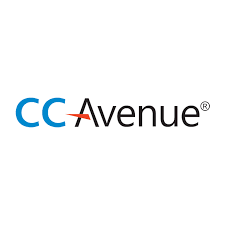
Why It’s Popular: CCAvenue is one of the oldest and most established payment gateways in India. It offers multi-currency processing and has robust enterprise-level features.
- Transaction Fee: 2% + GST (varies with plan)
- International Payments: Supported with over 200 payment options
- Settlement Time: T+2 to T+3 days
- Notable Features:
- Supports 27+ major currencies
- PCI DSS compliant security
- Invoice billing and smart dynamic routing
Best For: Large businesses, multinational corporations
4. Instamojo
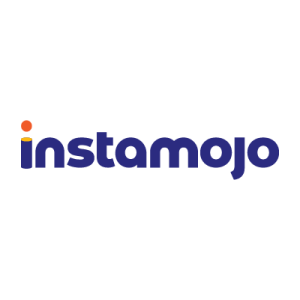
Why It’s Popular: Instamojo is the easiest payment gateway to set up for freelancers and small business owners. It doesn’t require a website to start accepting payments.
- Transaction Fee: 2% + ₹3 per transaction + GST
- International Payments: Supported
- Settlement Time: T+3 days
- Notable Features:
- Zero setup and maintenance cost
- Payment links and online store builder
- Easy plugin integration with WooCommerce, Wix, etc.
Best For: Freelancers, Instagram sellers, solopreneurs
5. Cashfree Payments
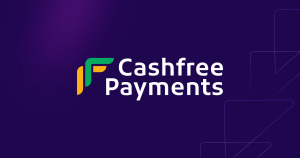
Why It’s Popular: Cashfree is gaining traction due to its lightning-fast settlements and competitive pricing. It also offers advanced features like payouts, split payments, and pre-authorization.
- Transaction Fee: 1.75% + GST (domestic)
- International Payments: Supported
- Settlement Time: As fast as T+1 days
- Notable Features:
- API-based payouts for refunds or vendor payments
- Auto-reconciliation and smart dashboard
- Offers “Auto Collect” and NEFT/RTGS integrations
Best For: High-volume merchants, marketplaces
6. BillDesk

Why It’s Popular: BillDesk is trusted by some of the largest corporations and government portals in India. Its fees and services are customized based on transaction volume.
- Transaction Fee: Varies (Custom pricing)
- International Payments: Supported
- Settlement Time: T+2 to T+3 days
- Notable Features:
- Handles utility, insurance, and government payments
- Robust back-end reporting and reconciliation
- High-level encryption for security
Best For: Government, telecom, insurance, high-volume businesses
7. Stripe India

Why It’s Popular: A global leader in online payments, Stripe offers seamless integration for tech-savvy startups and international sellers.
- Transaction Fee: 2% + GST
- International Payments: Supported with multi-currency options
- Settlement Time: T+2 to T+3 days
- Notable Features:
- Advanced developer-friendly APIs
- Custom checkout experiences
- Smart fraud detection via Radar
Best For: SaaS, global e-commerce, tech startups
Choosing the right payment gateway in India depends on your business size, transaction volume, and customer base. If you’re just starting out, Razorpay or Instamojo offer simplicity and fast integration. For larger businesses, CCAvenue or BillDesk might provide more control and better scalability.
Don’t forget to compare payment processing fees in India and settlement timelines before deciding. Even a small difference in credit card processing charges can impact your profit margins.
Average Credit Card Processing Rates in India February 2026
Fee Type | Typical Range |
Credit Card Processing Rates | 1.5% – 3% per transaction |
Debit Card Charges (RuPay, Visa, MasterCard) | 0.4% – 0.9% |
Online Credit Card Processing Fees | 1.75% – 2.5% |
POS Terminal Rental (Monthly) | ₹300 – ₹1,000 |
Setup Charges (one-time) | ₹0 – ₹5,000 |
Note: Fees may vary by provider and plan.
Why It Matters for Small Businesses
Even if you’re only doing a few thousand rupees in card transactions a month, credit card fees for merchants can add up. Here’s why you should pay attention:
- Lower margins: Every swipe eats into your profit.
- Hidden costs: Some providers may charge extra for refunds or chargebacks.
- Vendor fees: You may also pay a credit card vendor fee or monthly maintenance charge.
Understanding merchant credit card fees is essential to running a profitable business. Always ask yourself:
How much is the credit card processing fee? Can I negotiate better rates? Can I pass the fee onto customers (if allowed)?
Choose the right provider that aligns with your business needs. Use a credit card processing fee calculator to estimate monthly charges, and avoid overpaying for basic services.
Whether you’re a café owner, freelancer, boutique, or digital seller — finding the best credit card processor rates can help you save thousands per year.
What is the credit card processing fee for HDFC?
HDFC usually charges around 1.5%–2.5% as credit card processing fees depending on the transaction type and merchant category.
What is the credit card processing fee in India?
In India, credit card processing fees typically range between 1.5% to 3% per transaction, varying by bank and service provider.
Is there a processing fee on Credit Card EMI?
Yes, credit card EMI transactions may include a one-time processing fee of 1%–2% of the transaction amount, based on the bank’s policy.
What is the HDFC Credit Card processing fee for EMI?
HDFC Bank usually charges a one-time EMI processing fee of ₹199–₹999, along with applicable interest rates on EMI conversions.
What is the Axis Bank credit card processing fee for EMI?
Axis Bank typically charges a processing fee starting from ₹99 for EMI conversions, which may vary depending on the transaction amount.
What are the credit card charges by SBI?
SBI credit card charges may include annual fees, late payment fees, EMI processing fees, and a 1.5%–3% transaction fee on select payments.
Is GST applicable on credit card processing fees?
Yes, 18% GST is levied on credit card processing fees as per Indian tax regulations, which is billed in addition to the base fee.
Trending Credit Cards In India July 2025




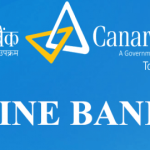



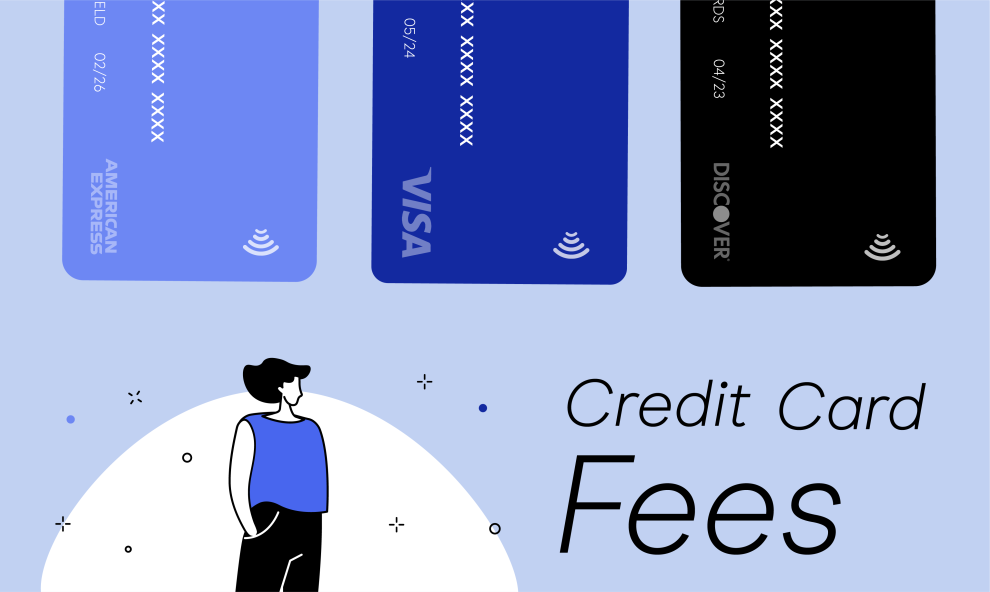

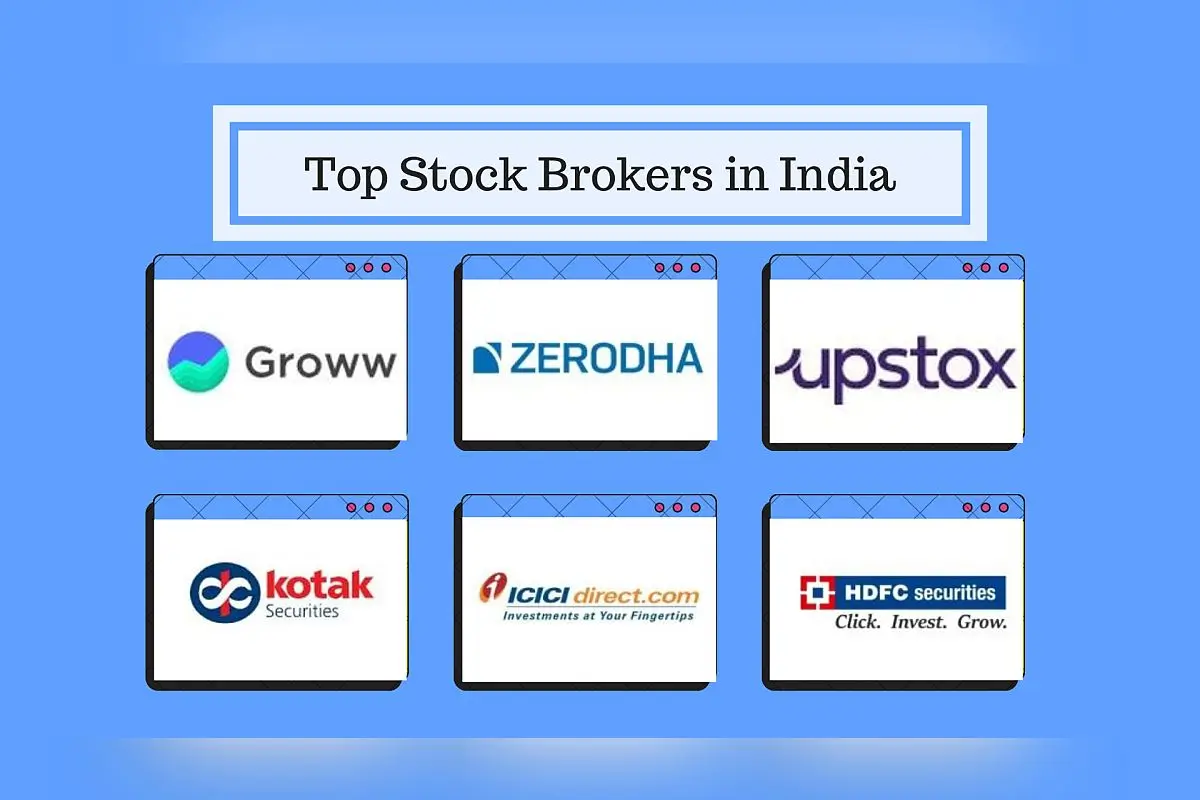
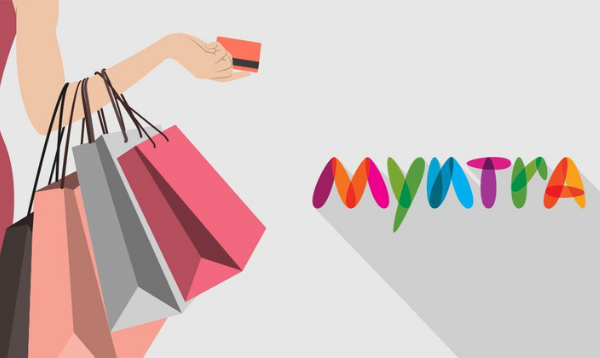
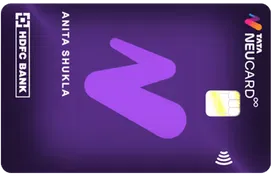
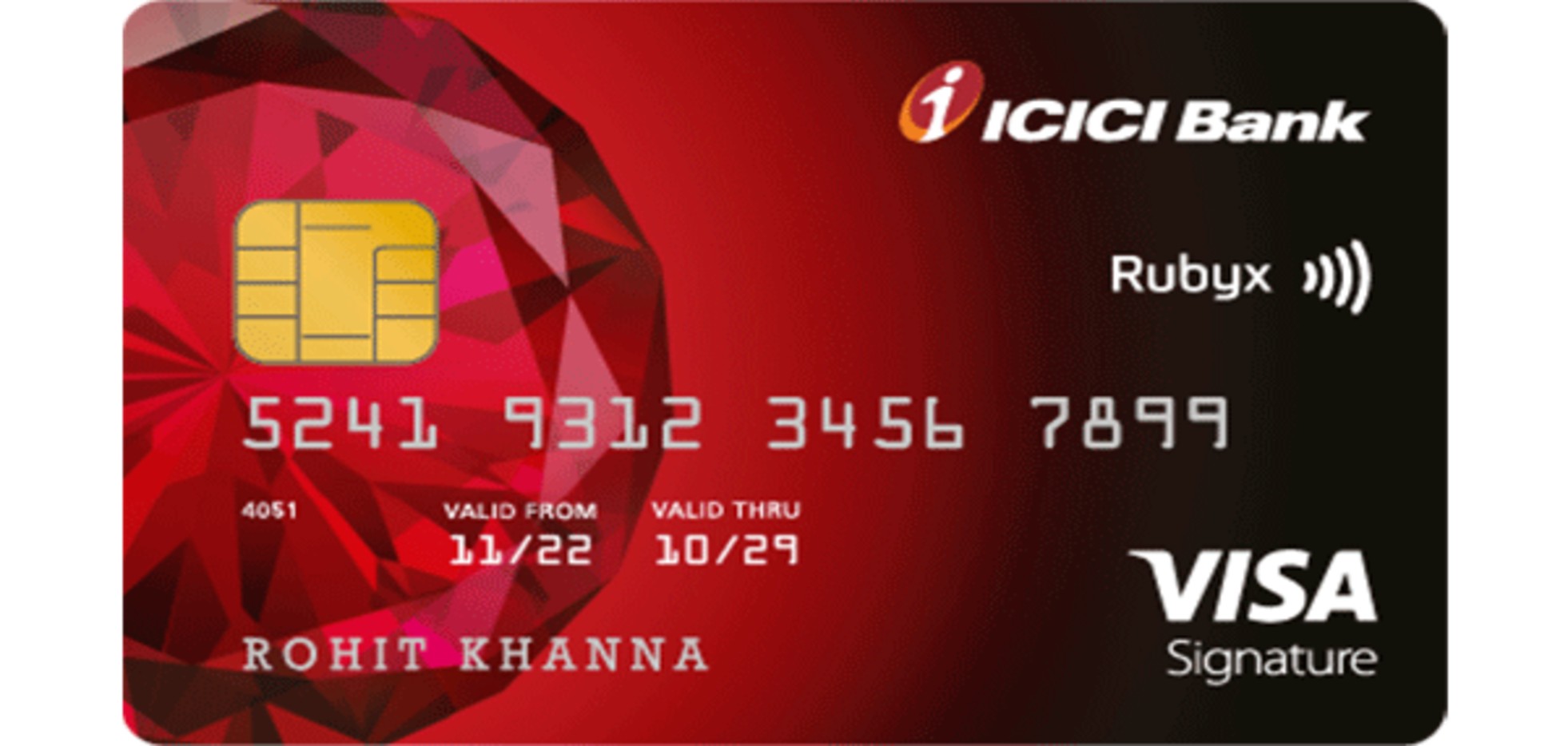
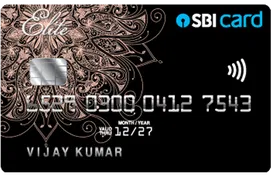


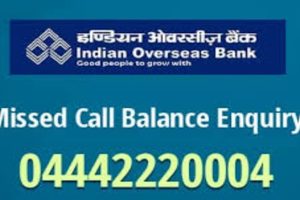





Add Comment